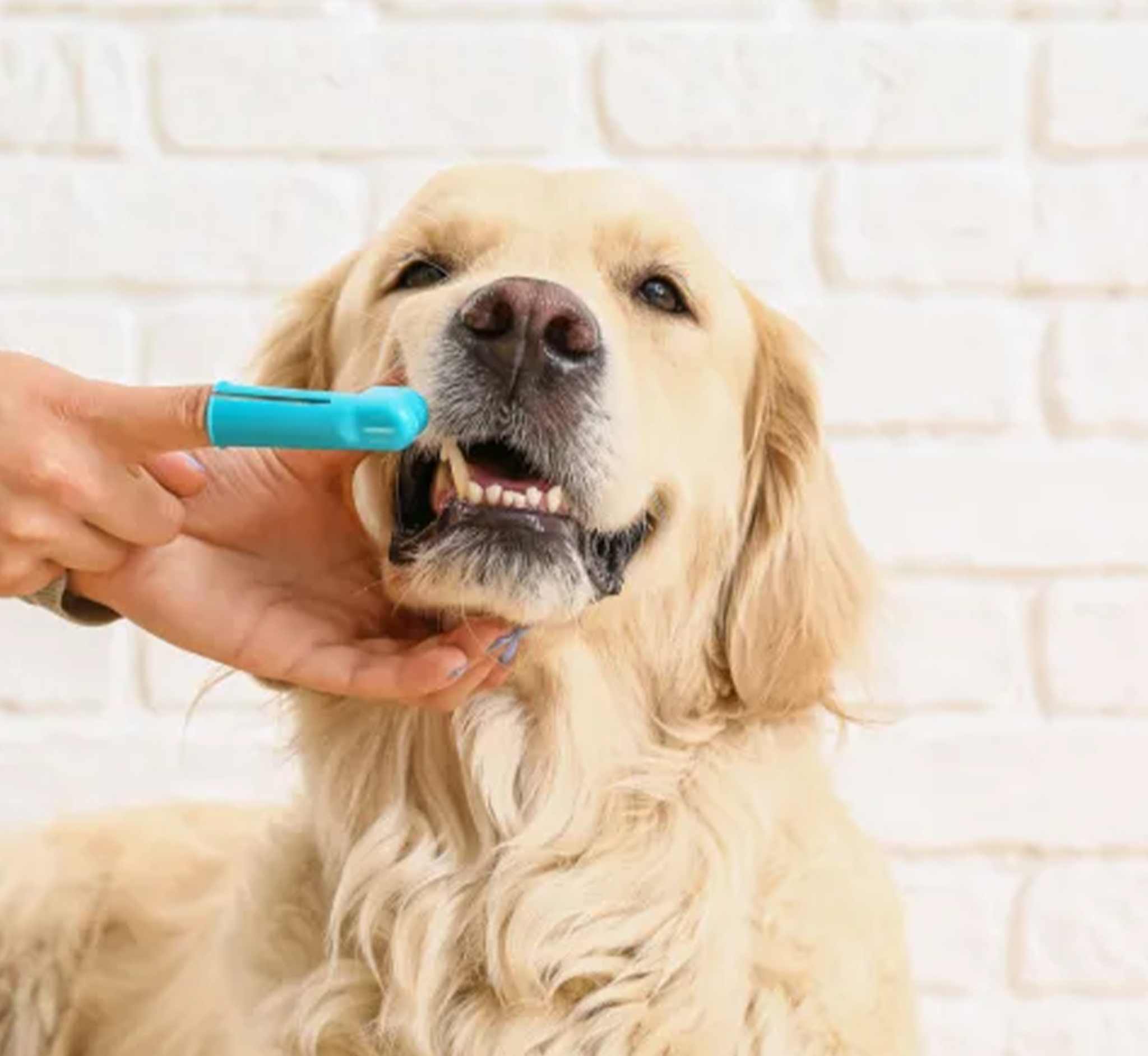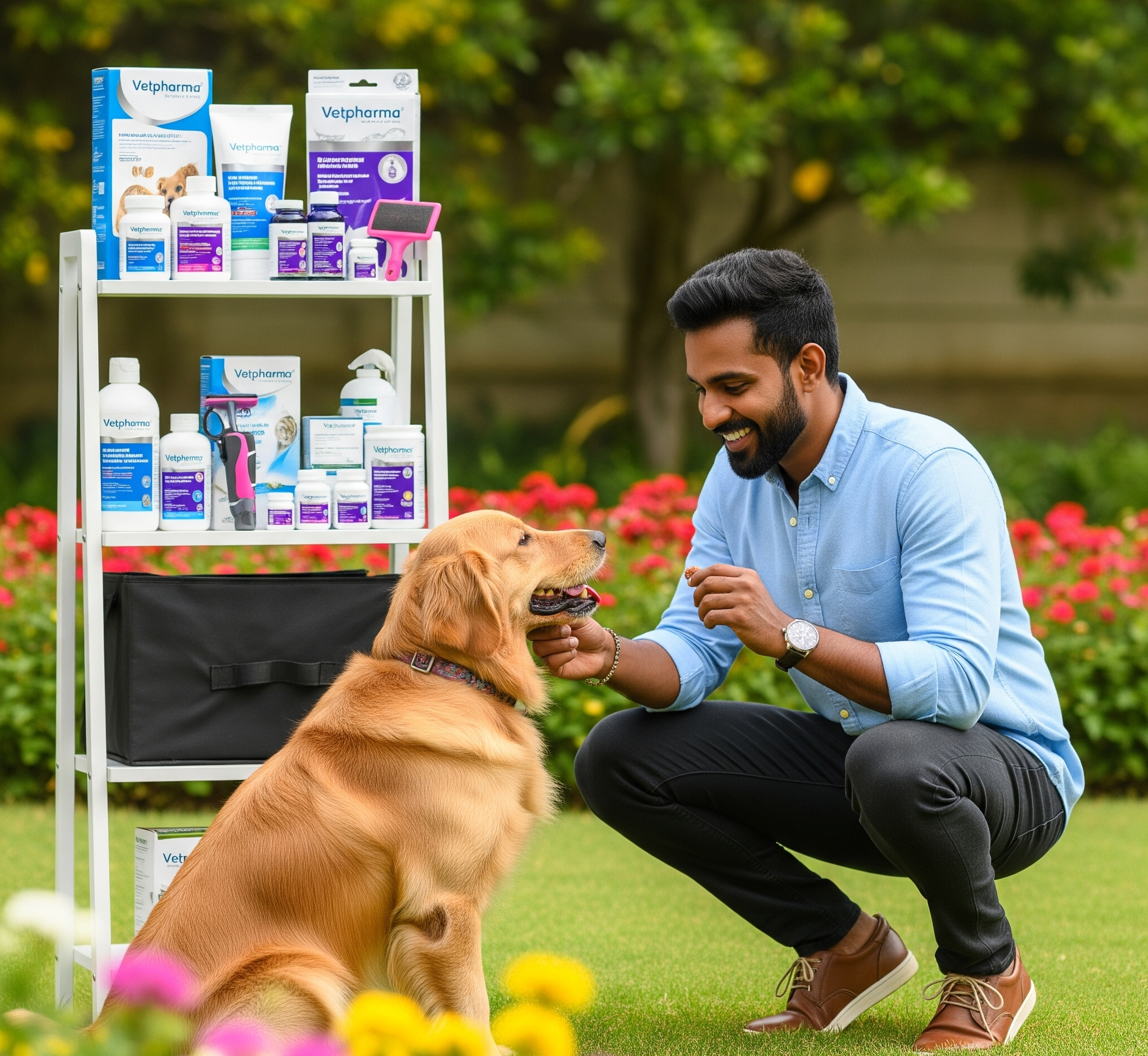Our pets are more than just animals; they’re cherished members of our families. Just like us, they need consistent care and attention to lead healthy, happy lives. As pet parents in Sri Lanka, understanding the unique needs of our furry friends, especially given our local climate and environment, is key to their well-being.
This article provides a comprehensive guide to essential pet care, covering everything from diet to preventive health.
1. The Foundation A Balanced & Nutritious Diet
What you feed your pet directly impacts their health, energy levels, and even their coat quality.
- Choose Quality Food Opt for high-quality commercial pet food appropriate for your pet’s age, breed, and activity level. Look for ingredients that list real meat as the primary component.
- Portion Control: Avoid overfeeding! Follow the feeding guidelines on the pet food packaging and adjust based on your pet’s weight and activity. Obesity is a growing problem for pets and can lead to serious health issues.
- Fresh Water Access Always provide a clean bowl of fresh water. Change the water multiple times a day, especially in Sri Lanka’s warm climate, to ensure they stay hydrated.
- Avoid Human Food Many human foods are toxic to pets (e.g., chocolate, grapes, onions, garlic). Stick to pet-specific treats and foods.
2. Move Your Paws Regular Exercise is Key
Exercise isn’t just about physical health; it’s crucial for your pet’s mental well-being and preventing behavioral problems.
- Dogs: Daily walks, runs, or playtime in a secure yard are essential. The amount of exercise needed varies by breed and age – a Border Collie will need more than a Pug! Consider Sri Lanka’s heat; morning and evening walks are best to avoid the midday sun.
- Cats: While often more independent, cats also need playtime. Use toys that encourage chasing, jumping, and pouncing. Scratching posts are vital for their claws and to prevent furniture damage.
- Mental Stimulation: Beyond physical exercise, provide puzzle toys, training sessions, and interactive games to keep their minds engaged.
3. Sparkle & Shine Grooming and Hygiene
Regular grooming helps maintain your pet’s skin and coat health and allows you to check for any abnormalities.
- Brushing Brush your pet regularly (daily for long-haired breeds) to prevent mats, reduce shedding, and distribute natural oils.
- Bathing Bathe your pet as needed, using a pet-specific shampoo. Over-bathing can strip natural oils, leading to dry skin. For Sri Lankan conditions, a regular bath can help with dust and humidity.
- Nail Trimming Trim nails regularly to prevent overgrowth, which can be painful and affect their gait. If unsure, ask your vet or a professional groomer.
- Ear Cleaning Check and clean your pet’s ears regularly, especially if they have floppy ears, to prevent infections. Use a vet-recommended cleaner.
- Dental Care Dental hygiene is often overlooked. Brush your pet’s teeth regularly with pet-specific toothpaste and consider dental chews or toys. Poor dental health can lead to serious systemic issues.
4. Stay Ahead of the Game Preventive Healthcare
This is where your veterinarian becomes your best friend.
- Regular Vet Check-ups Schedule annual check-ups, even if your pet seems healthy. These visits allow your vet to catch potential issues early, update vaccinations, and provide personalized advice.
- Vaccinations Keep your pet’s vaccinations up-to-date. In Sri Lanka, rabies vaccination is not only crucial but also legally required. Your vet will advise on other core and non-core vaccines relevant to our local disease prevalence.
- Deworming Internal parasites (worms) are common in Sri Lanka. Follow your vet’s schedule for regular deworming to protect your pet and your family.
- Parasite Control (Fleas & Ticks) Fleas and ticks are a year-round problem in our tropical climate. Use vet-recommended preventative treatments (spot-ons, collars, oral medications) consistently. Ticks can transmit serious diseases like tick fever.
- Spaying/Neutering Consider spaying or neutering your pet. It offers numerous health benefits (reduces risk of certain cancers, prevents unwanted litters) and can improve behavior.
- Microchipping: Microchipping provides a permanent form of identification, greatly increasing the chances of reuniting with your pet if they get lost.
5. Love, Patience & Socialization Mental & Emotional Well-being
A healthy pet isn’t just physically sound; they’re also emotionally balanced.
- Socialization Expose puppies and kittens to various sights, sounds, people, and other vaccinated animals in a positive way. This helps them become well-adjusted adults.
- Training Positive reinforcement training helps build a bond, teaches good manners, and keeps your pet mentally stimulated.
- Safe Space Provide your pet with a comfortable, safe space of their own where they can retreat and feel secure.
- Attention & Play Dedicate time each day for play, cuddles, and one-on-one interaction. Your presence is invaluable.
- Recognize Stress Signals Learn to recognize signs of stress or anxiety in your pet (e.g., excessive panting, destructive behavior, withdrawal) and address them with your vet or a professional trainer.
Caring for a pet is a rewarding journey. By consistently applying these health and care tips, you’ll be giving your beloved companion the best possible chance at a long, happy, and healthy life right here in beautiful Sri Lanka. Remember, when in doubt, always consult with your trusted local veterinarian!



